
Director of Photography
An ultra-orthodox Jewish family from Aix-les-Bains comes to a farm in southern Italy for a brief stay every year to carry out a sacred mission: harvesting citrons. Here Elio, the farm owner, meets Esther, the rabbi’s daughter, who is tired of the constraints imposed by her religion. Through this relationship, Esther will understand the importance of freedom and find her path, and, in the same way, Elio will find the peace he had lost for a long time.

Director of Photography
Una aventura de verano bajo el sol siciliano se convierte en una desgarradora historia de amor que obliga a un niño y una niña a crecer demasiado rápido.
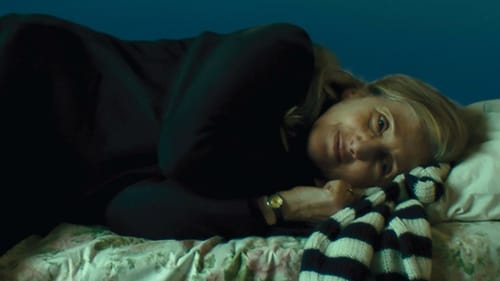
Director of Photography
Rosa and Igor live under the same roof, without trespassing on each other's territory even thou they have been living together for years. Things that happened divided them - things that came about brought them back together.

Director of Photography
Christian Ferro es una joven estrella del fútbol que juega en la AS Roma cuya vida consiste en estar rodeado de toda clase de lujos y malas influencias que hacen mella en su personalidad. Valerio es un profesor arisco y solitario. Los dos vienen de dos mundos alejados entre sí pero deberán aprender a sacar fuerza el uno del otro.

Cinematography
ḤARAM is an essay film portraying the urgent contemporary situation at the Haram Al Sharif/ Noble Sanctuary in the Old City of Jerusalem reflecting on the growing Temple Mount Faithful movement whose goal is to build the Jewish Third Temple on this holy landscape and in turn to assert Jewish sovereignty over this holy Muslim site.
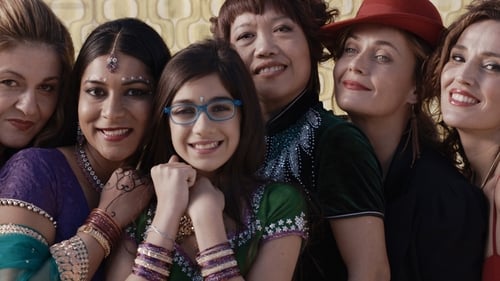
Cinematography
A migrant tale of sisterhood and music celebrating unconventional friendships and the power of diversity.

Cinematography
VIVA ÁGUA is a meditation on the philosophical work entitled ÁGUA VIVA written by Clarice Lispector in 1973. The film reflects on Lispector’s interior experimental monologue on the “instant-now” of time, the discomforts of language which are “beyond thought” and the harmonious dissonant reminders and remainders of that “sometime what is seen is ineffable.”

Cinematography
Anna, Pina, Teresa reinterprets the pivotal scene in Rossellini’s “Roma Città Aperta” where Anna Magnani, who plays the character Pina, (based on the story of Teresa Gullace,) is murdered on the streets of Rome by the Fascist police. This scene is characterized by three movements performed by Magnani — resistance, running and falling. Filmed in the Sala Scherma at Foro Italico in Rome (Mussolini’s fencing studio designed by Moretti) Anna, Pina, Teresa examines the contemporary and historical dynamics between an urban Fascist space and movements of resistance.
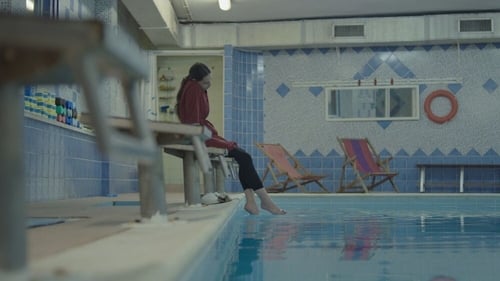
Director of Photography
Jenny tiene 17 años y sueña con dedicarse a la natación sincronizada, pero su despreocupada vida de adolescente en Ostia, en la costa romana, se tambalea con la imprevista muerte de su madre. Con un padre enfermo y un hermano pequeño de nueve años del que ocuparse, Jenny se ve obligada a trasladarse a un pueblo montañés. Pronto, la chica comenzará a sentir el peso de esta responsabilidad mientras crece en ella el deseo de retomar el camino del que era su sueño. (FILMAFFINITY)

Director of Photography
Massimo Marinelli Lops and Giulia Colardo meet by chance in Rome and fall in love. Giulia asks Massimo to spend Christmas Eve with her family.
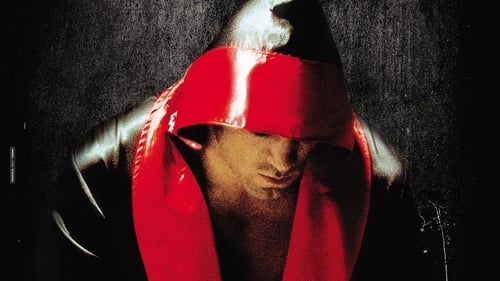
Director of Photography
Clemente Russo portrays himself in the story of a promising boxer who grew up in the Neapolitan mob heartland.
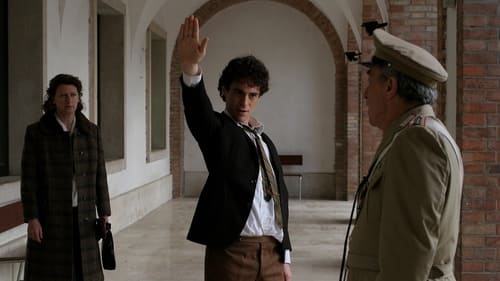
Second Assistant Camera
En 1961, Italia vive una revolución social y económica que no parece afectar a Accio, un adolescente rebelde y problemático que vive en Sabaudia, una pequeña ciudad del Lacio. Sólo por irritar a sus padres, Accio se une a un partido neofascista. Mientras tanto, Manrico, su hermano mayor, es el líder local de la izquierda. La actitud política de Accio avergüenza tanto a Manrico que deja de hablarle a su hermano. La única vía de comunicación entre ellos es Francesca, la novia de Manrico, de la que Accio se enamora perdidamente. Las diferencias y enfrentamientos entre ambos hermanos son el reflejo de una sociedad dividida entre dos formas de entender la política.











